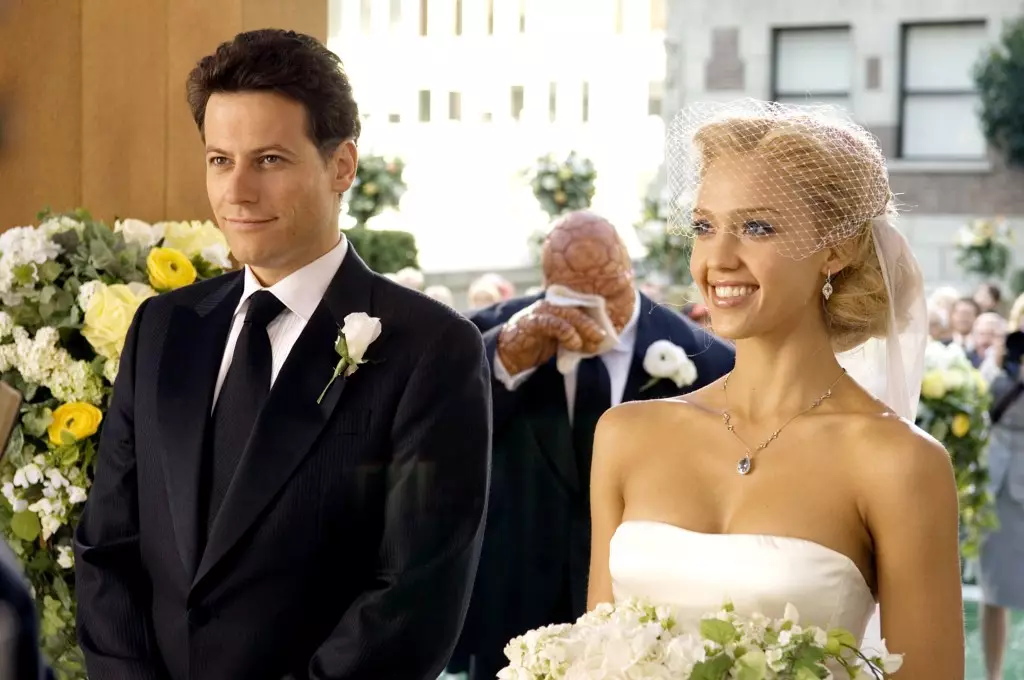The superhero genre, once relegated to comic book obscurity, now dominates global cinema, yet the trajectory of certain franchises remains marred by missed opportunities and strategic missteps. The case of the Fantastic Four, a foundational Marvel property, exemplifies the painful disconnect between potential and execution. Actor Ioan Gruffudd’s reflections shed light on a promising era derailed by corporate decisions that sacrificed long-term cultural investment for short-term box office gains. The plans for a third film in the original Fox trilogy, which could have cemented the franchise as a pillar in superhero cinema, were tragically abandoned. Instead of riding the crest of the franchise’s success, Hollywood opted for rebooting, often with lesser cinematic quality and diminished audience engagement.
This abandonment highlights a broader tendency within the entertainment industry: the favoring of high-stakes rebooting over cultivating authentic narrative continuity. Rather than capitalizing on the goodwill generated by two moderately successful movies, the decision-makers opted to reset expectations, dismissing what could have been a multi-film saga rooted in character development and story construction. Such choices reflect a shortsightedness that ultimately impoverishes the cultural landscape. Fans who had once embraced the Silver Surfer’s mesmerizing presence or Gruffudd’s Reed Richards were left with fragmented memories instead of a cohesive universe that could have evolved naturally over time.
Corporate Short-Termism and the Erosion of Artistic Integrity
The shift from Disney’s Marvel to Fox’s handling of the Fantastic Four epitomizes a recurring dilemma in modern Hollywood: prioritizing immediate profitability over sustainable creative investment. Fox’s decision to reboot the franchise in 2015, far from being a strategic advancement, was a symptomatic reflection of corporate short-termism. The new film, starring Miles Teller, was a critical and commercial failure, reinforcing the idea that reboots often diminish the franchise’s integrity and alienate core fans. The loss of momentum from the original trilogy was a direct consequence of undervaluing the importance of story continuity and character consistency.
Gruffudd’s honest recounting reveals a personal toll behind these corporate decisions. The actor’s grief over the nostalgic connection to Reed Richards underscores a timeless truth: the art of storytelling thrives on investment, patience, and fidelity to its characters. When studios pivot prematurely, they jeopardize not only the franchise’s longevity but also the audience’s emotional investment. Such decisions lead to a cycle of disappointment that undermines the cultural resonance these stories once held. The missed opportunity to develop a multi-layered universe, capable of inspiring multiple generations, becomes a glaring void in the landscape of superhero lore.
The Lost Chance for Cultural Impact and the Power of Fan Expectations
The absence of a third Fantastic Four film signifies more than a missed blockbuster; it represents a failure to cement a cultural touchstone. The franchise’s initial success demonstrated that superhero films could be both commercially viable and rich in character depth. Unfortunately, the decision to shelve planned sequels eroded the potential for a lasting legacy. Fans, craving continuity and depth, often turn to these universes to find echoes of their own hopes and fears. When these narratives are abruptly cut short, it diminishes the genre’s ability to serve as a mirror to societal change or personal growth.
Furthermore, the reluctance—or outright avoidance—of reintroducing familiar characters hints at a broader discomfort within the industry: the fear of losing control over a mythos that fans deeply cherish. Gruffudd’s comment about fan speculation regarding his return underscores an essential truth: audiences are eager for authentic continuity, not superficial reboots or offhanded cameos. The missteps of the past serve as cautionary tales about how the entertainment industry often undervalues the importance of nurturing creative universes as long-term investments, both artistically and culturally.
In embracing a more balanced approach—one that values both artistic integrity and strategic planning—the industry might better honor the stories that resonate deeply within society. Rather than prioritizing quick profits, it is time to recognize that true franchise success lies in commitment, storytelling depth, and respecting the fans’ emotional journeys. Only then can superhero narratives transcend their origins and evolve into meaningful cultural phenomena rather than fleeting cinematic episodes.

